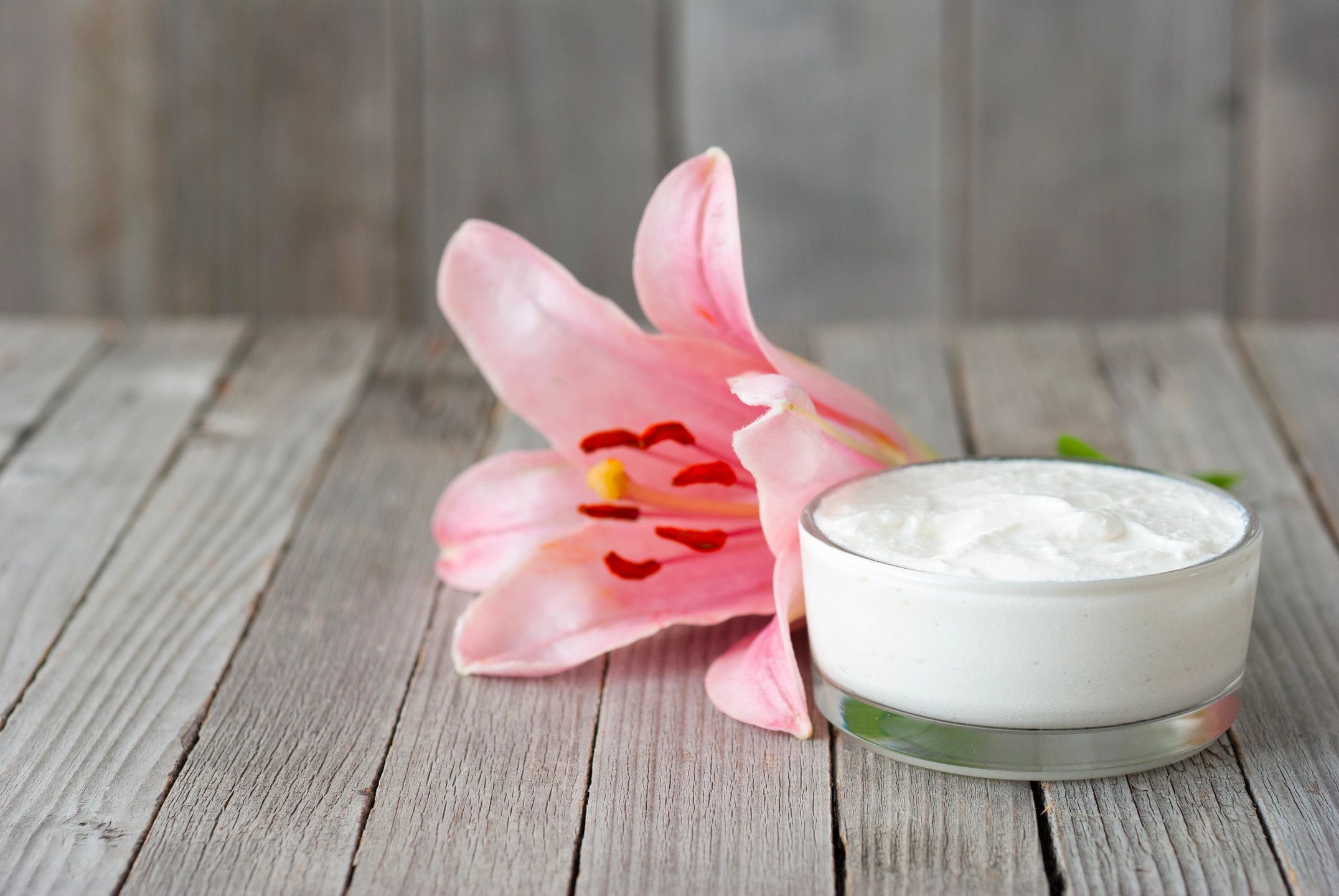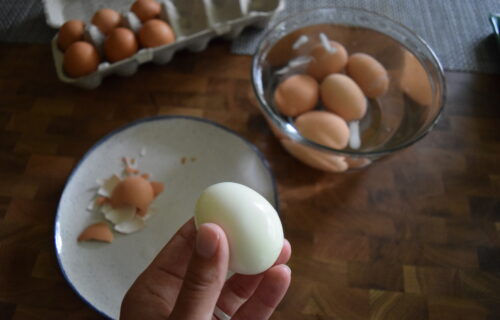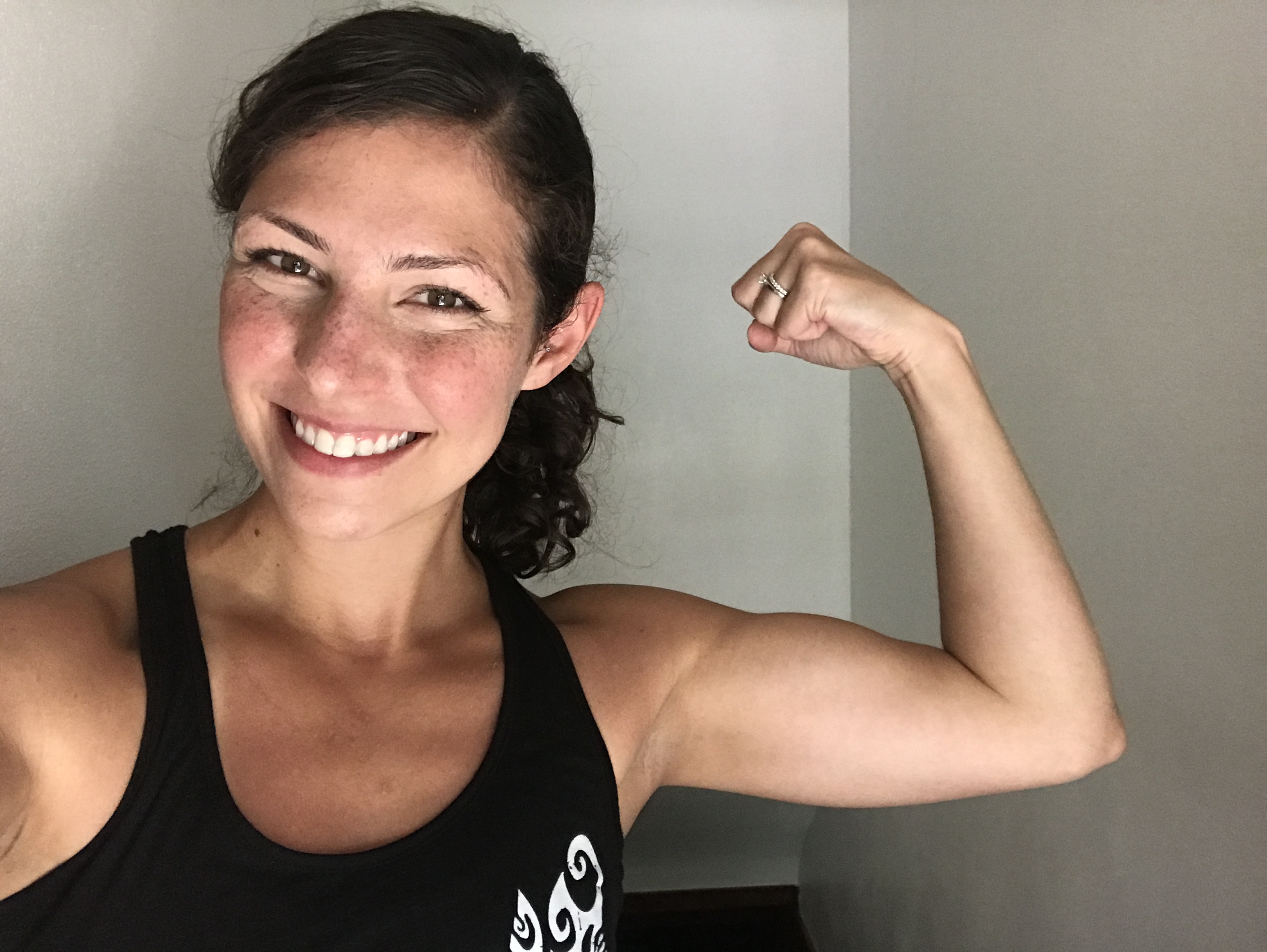
Skin Care: Reading Labels On More Than Just Your Food
A couple of years ago, I went on a rampage through my medicine cabinet. And I am serious when I say I completely tore it apart. It looked like a disaster zone. The reasoning? I had recently attended a skin care party at a friend’s house (Pampered Chef style), and we talked a lot about what is actually in the skin care products we use.
At age 24, this was the first time I actually started turning the labels on my skin care and cosmetic products. I dumped all of my products out onto the floor and started looking at what I was actually putting on my body.
What I learned through all of this astounded me.
First, the primary ingredient in many products is water. Water is used to dilute the products we use. More often than not, when water is the first ingredient, other preservatives like parabens must be used in the products to help them last longer (yuck). On the flip side, when you do find products with the first ingredient listed as aloe or something similar, you will find they last much, much longer. They may be a tad bit more expensive, but this is for good reason. You will definitely save money in the long run.
By switching from water to aloe based products, I have found that on average my products last me about 6-8 months. This is a huge improvement from before. If you are interested to see just how long your products are lasting you, a fun tip a friend taught me is to start labeling your products with the date you open them using permanent marker.
I also found that a lot of the products I was using had ingredients (and chemicals) that were foreign to me, and that I could hardly pronounce.
These chemicals are not innocent. Let’s take sodium lauryl sufate, parabens and artificial fragrances as examples. I had no idea what kind of importance these ingredients had before, and unfortunately, it is really scary stuff.
Sodium lauryl sulfate is a chemical in your shampoo and body wash that creates the lather you love. But unfortunately, it also majorly dries out your skin. In fact, it is used as an irritant in studies to test products that are supposed to heal skin conditions… It is cheap to make and abundantly found – buyer beware!
Parabens are synthetically produced preservatives, used to prevent bacteria from growing in your cosmetic and skin care products. They are said to be in 85% of all cosmetics today. The problem is, as more research is being done on parabens, scientists have linked them to reproductive issues and breast cancer – yikes!
Synthetic fragrances, also listed as “parfum” and “fragrance” on the ingredient label, are laden with chemicals. The phthalates within these fragrances are known to disrupt hormone activity, and have been linked to obesity, diabetes and various cancers.
This information is so important to share with others.
At this point in my life, using products without these harsh and dangerous chemicals has become second nature. I have spent plenty of time researching and trying new products, and am glad it is now a routine practice for me. In the end, I know it is worth it, because I am treating my skin right, giving it the nourishment it needs, and on top of it all, I have also been able to see what positive difference it makes in my complexion.
Unfortunately, my complexion has not always seen such fantastic days. Throughout high school and college, like so many others, my struggle with acne was constant. My dermatologist had me on some of the harshest acne programs, including one medicine which required monthly blood samples be taken and tested to ensure I wasn’t pregnant, as it causes major birth defects and malformations in the development of the baby. Ahhh! Looking back now, all I think is: this is scary stuff.
After all, we absorb 60% of what we put on our skin. Our skin is our largest organ. What we are ingesting both topically and through our food and drink greatly affects how our skin looks and feels.
So where can you go from here?
Start by getting curious about your skin care and cosmetic products. Try to use organic products that do not contain a ton of water and include only a small list of ingredients that you are familiar with and comfortable using. Avoid harsh chemicals whenever possible. And don’t forget to take care of yourself! Drinking plenty of water and eating healthful foods will shine through your skin.
Want to learn even more about the ingredients in your skin care? Check out EWG’s Skin Deep Cosmetics Database. It is a great tool for learning more about the products you are using, as well as getting more insight into the harmful ingredients you should be avoiding.
I hope you have found this post useful! I share this with you now wishing I had heard about a lot of this much earlier in my own life.



